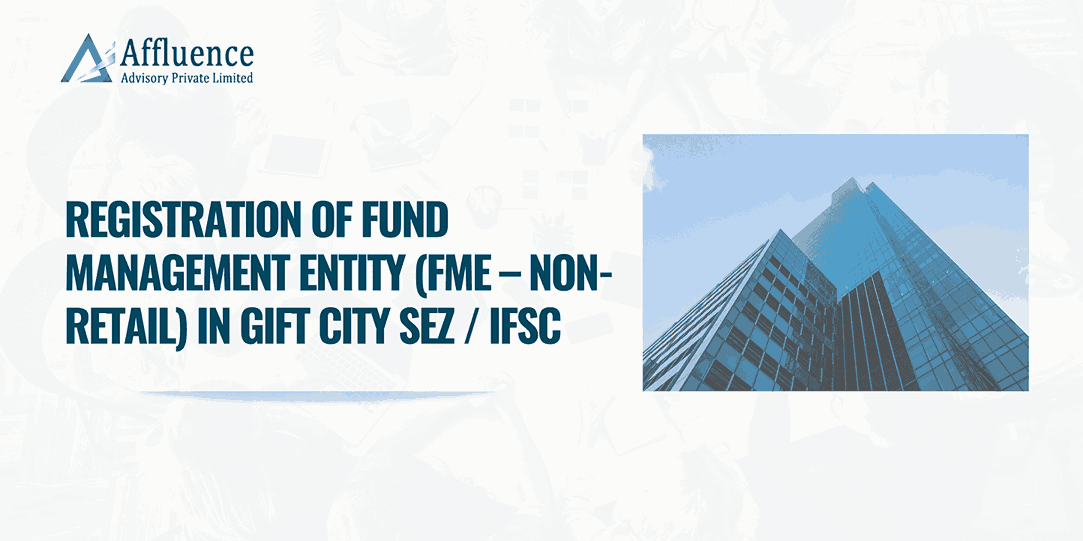Securities and Exchange Board of India (Listing Obligations and Disclosure Requirements), Regulations, 2015 [SEBI LODR]:
Regulation 25(5) of SEBI LODR states as follows, “An independent director shall be held liable, only in respect of such acts of omission or commission by the listed entity which had occurred with his [/her] knowledge, attributable through processes of board of directors, and with his [/her] consent or connivance or where he [/she] had not acted diligently with respect to the provisions contained in these regulations. This provision states that independent Directors would be held liable for acts of omission or commission by listed entity:
- When Independent Directors were aware of that particular act
- It was done by listed entity with the consent or connivance of Independent Directors
- If the act of omission or commission was pursuant to a transaction or an act which was discussed and approved at committee and board meetings
- Independent Directors had not acted diligently with respect to provisions contained in these regulations.
In addition to above SEBI LODR principles casts responsibility on entire Board of Directors with respect to performance of their duties.
Companies Act, 2013:
Section 149(11) of Companies Act 2013 also has same provisions as is mentioned in Reg. 25 (5) of SEBI LODR. So even if Independent Directors are not involved in the day-to-day activities of the company but if any act of commission or omission by the listed entity falls within the counters of Reg 25(6) or Section 149 then it is seen that role of Independent Directors might be questioned by enforcement agencies.
Recent amendments – More onus on Independent Directors:
Recently SEBI LODR was amended whereby it is now mentioned that Related Party Transaction in Audit Committee would be approved by Independent Directors only.
Precedents:
In furtherance to what we have seen above we would now have a look at recent cases where role of Independent Directors was questioned. It is being seen that SEBI has been questioning role of Independent Directors wherever cases were falling within the counters of Reg 25(6) of SEBI LODR or Section 149(11) of Companies Act. We would see some noteworthy precedents were role of Independent Directors was questioned:
SEBI Adjudication order in the matter of Edserv Softsystems Ltd:
In this case SEBI has not levied penalty on Independent Directors as they exercised due diligence while exhibiting their duties. In this case Edserv Softsystems Ltd had acquired a company in UAE. This transaction was not approved by Board of Directors. Independent Directors on seeing this news through Stock Exchange Disclosure questioned the company on the acquisition, why board approval was not taken, valuation report details as to how price of acquisition was determined and source of this acquisition. Edserve Softssystemsa refused to given information even after persistent follow ups by Independent Directors. Independent Director’s finally resigned from the company. SEBI in this case has not penalized Independent Director. SEBI has stated as follows, “I see that Notice Nos. 3 and 4 have certified the authenticity of the July 25, 2011 Board Resolution, a fact which has not been denied by them. However, it has been asserted by the said Notices that they were not aware of the Pledge Agreement, whereby the GDR proceeds were pledged as security for the loan taken by Vintage. Further, from the email exchanges, it appears that the utilisation of the GDR proceeds for acquisition of M/s Alta Vista, a company incorporated in the UAE, was without concurrence of the board of directors of the Company. As regards the second question of due-diligence exercised, I note from the above that Notice Nos. 3 and 4 had actively sought information and details from S. Giridharan (Notice No. 1), the Chairman and CEO of the Company regarding the utilisation of the GDR proceeds and the acquisition of Alta Vista FZE, a company incorporated in the UAE. I also note that after the email dated November 06, 2012, whereby information was sought from S. Giridharan, with respect to the utilisation of GDR proceeds, T. S. Ravichandran, Notice No. 3 and S. Arvind, Notice No. 4, resigned as a Director of the Company on December 10, 2012 and January 28, 2013 respectively. Upon a holistic view of the facts, I am inclined to grant the benefit of doubt to Notice Nos. 3 and 4, especially in view of the diligence exhibited by them with respect to the utilisation of the GDR proceeds followed by their decision to step down from the Board of Deserve, soon thereafter”
SEBI Adjudication Order in the matter of Bombay Dyeing Ltd:
In this as alleged by SEBI there were certain fraudulent transactions were being entered by Bombay Dyeing Ltd with one their group companies. Further it is also alleged that the group structure was maintained in such a manner that these transactions would not be highlighted. SEBI in this matter has stated as follows, “I note that the Notices had an important role to play as members of the Audit Committee and as a sub group of the Board of Directors. The Notices were required to monitor the disclosures and accuracy of the same as a monitor of the process. As a result of the Notices’ failure to discharge their function as members of the audit committee, BDMCL was able to inflate its sales and profits with respect to its real estate segment to the tune of Rs. 2,492.94 crores and Rs. 1,302.20 crores respectively. In view of the above, I find that the Notices have failed in its duty to exercise oversight of BDMCL’s financial reporting process and disclosure of its financial information to ensure that the financial statement is correct, sufficient and credible. Therefore, I hold that the Notices have violated the provisions of Clause 49(II)(D)(1) of the Listing Agreement, Clause 49(III)(D)(1) of the Listing Agreement (post amendment dated April 17, 2014) read with Regulation 103 of the SEBI (LODR) Regulations, 2015 and Regulation 18(3) read with Clause A (1) under Part C of Schedule II of SEBI (LODR) Regulations, 2015 for the period from FY 2014 –15 to FY 2017 -18”
Conclusion: Whether an Independent Director would be liable or not in a for a particular act or omission would depend on the facts of each case. But it is necessary that Independent Directors shall perform their duties diligently.
Disclaimer: This article provides general information existing at the time of preparation and we take no responsibility to update it with the subsequent changes in the law. The article is intended as a news update and Affluence Advisory neither assumes nor accepts any responsibility for any loss arising to any person acting or refraining from acting as a result of any material contained in this article. It is recommended that professional advice be taken based on specific facts and circumstances. This article does not substitute the need to refer to the original pronouncement






